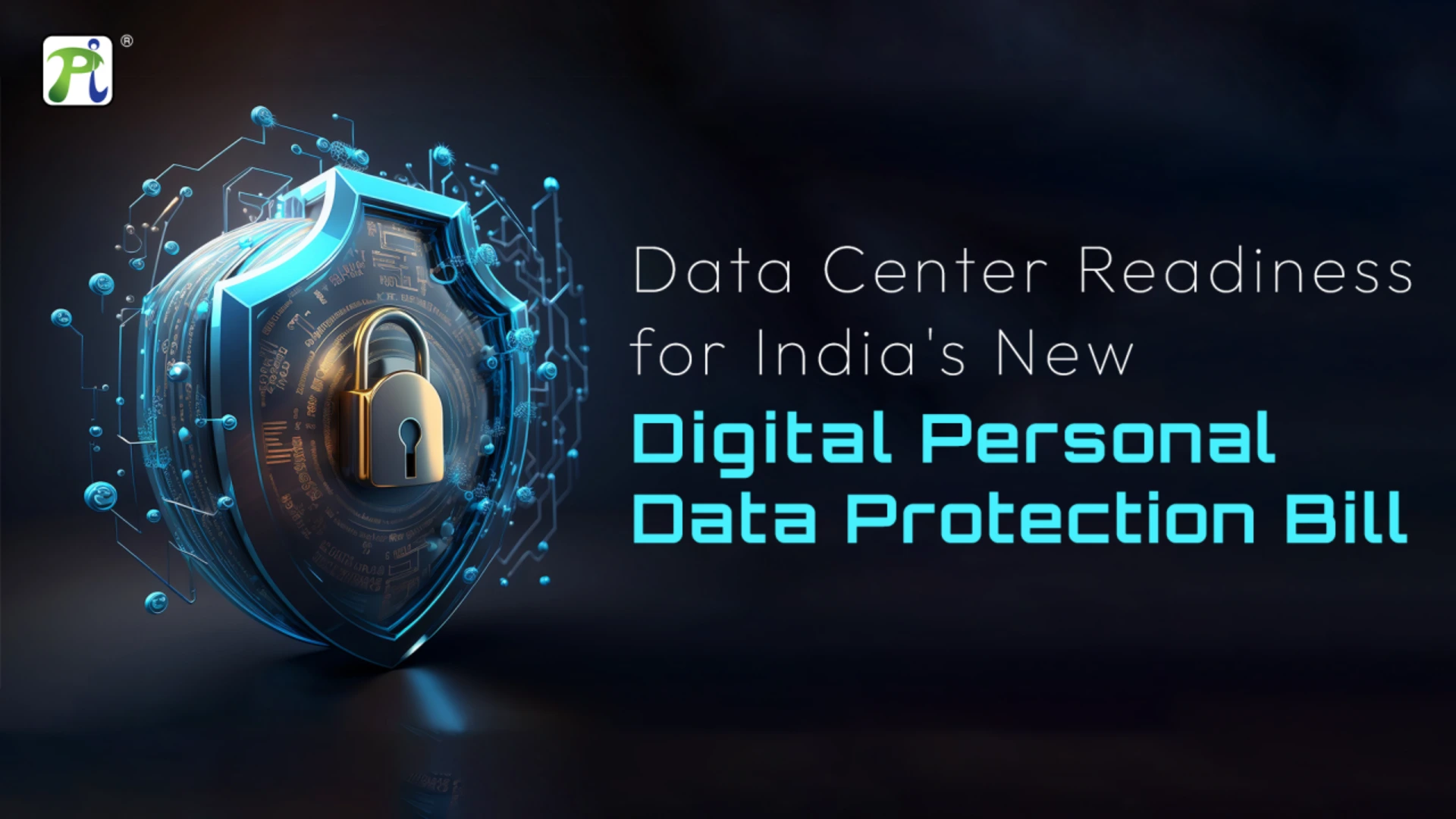We Will Get Back To You As Soon As Possible


The Digital Personal Data Protection (DPDP) Bill marks a significant milestone in India's journey toward establishing comprehensive data privacy and protection regulations. As the country's first law specifically dedicated to data privacy, the DPDP Bill aims to safeguard personal data and enhance the rights of individuals.
It introduces stringent provisions to govern private and government entities' collection, storage, processing, and transfer of personal data.
By understanding the implications of the DPDP Bill, data centers can play a crucial role in ensuring compliance, reinforcing data security measures, and contributing to the overall success of the legislation.
These data centers, which handle large volumes of sensitive user data, are well-positioned to contribute to the success of this legislation.
With their existing infrastructure, expertise, and adherence to industry best practices, data centers can proactively support the DPDP Bill's data privacy and protection objectives.
This article discusses how data centers are already equipped to ensure the success of this bill.
Data centers prioritize security as a fundamental aspect of their operations. They have implemented comprehensive security measures, including physical security, access controls, firewalls, intrusion detection systems, and encryption techniques. These measures are designed to safeguard data against unauthorized access, breaches, and cyber threats. By adhering to stringent security protocols, data centers are well-equipped to comply with the DPDP Bill's requirements for data protection.
Leading data centers already comply with globally recognized standards and frameworks for data security and privacy, such as ISO 27001 and General Data Protection Regulation (GDPR) requirements. These standards provide a solid foundation for ensuring compliance with the DPDP Bill's provisions. Data centers have established robust processes, policies, and procedures to meet these international standards, making them well-prepared to align with the DPDP Bill's regulations.
Data centers frequently undergo rigorous audits and certifications to validate their adherence to security and privacy standards. Independent audits assess their infrastructure, processes, and controls to ensure compliance with industry best practices.
These audits demonstrate data centers' commitment to maintaining high data protection and privacy levels.
By already complying with stringent audit requirements, data centers are well-prepared to demonstrate their compliance with the DPDP Bill.
Data centers employ advanced encryption techniques to protect data both at rest and in transit. Encryption algorithms ensure that data remains confidential and secure. Additionally, data centers are adept at anonymizing data, removing personally identifiable information while preserving its utility for analysis and processing. Encryption and anonymization techniques align with the DPDP Bill's emphasis on protecting sensitive information, allowing data centers to contribute effectively to data privacy objectives.
Data centers are equipped with robust disaster recovery and business continuity plans to ensure the availability and integrity of data, even in adverse situations. Redundant systems, backup mechanisms, and off-site data replication enable swift recovery and minimal disruption in disasters or system failures. The DPDP Bill recognizes the importance of data availability and integrity, and data centers' existing practices align with these requirements.
Data centers possess extensive experience in data governance, management, and lifecycle processes. They have well-defined data management practices, including data classification, access controls, data retention policies, and secure data destruction procedures. These practices align with the DPDP Bill's emphasis on responsible data handling, giving data centers a head start in implementing necessary governance measures.
Data centers have established relationships with regulatory bodies and actively engage in discussions and consultations on data privacy and security. They contribute expertise and insights into industry best practices, ensuring that the DPDP Bill's regulations are practical and effective. Data centers' collaboration with regulatory bodies strengthens the overall data protection framework and paves the way for the bill's successful implementation.
In conclusion, Data centers in India are already well equipped to ensure the success of the Digital Personal Data Protection Bill.
Their robust security measures, compliance with international standards, extensive audits and certifications, encryption and anonymization practices, disaster recovery capabilities, expertise in data governance, and collaboration with regulatory bodies position them as key enablers of data privacy and protection.
By leveraging their existing infrastructure, expertise, and commitment to best practices, Data centers play a vital role in supporting the successful implementation of the DPDP Bill and upholding the privacy rights of Indian citizens.
Questions? We're here to help.
©2025 Pi DATACENTERS® Pvt. Ltd. All rights reserved
